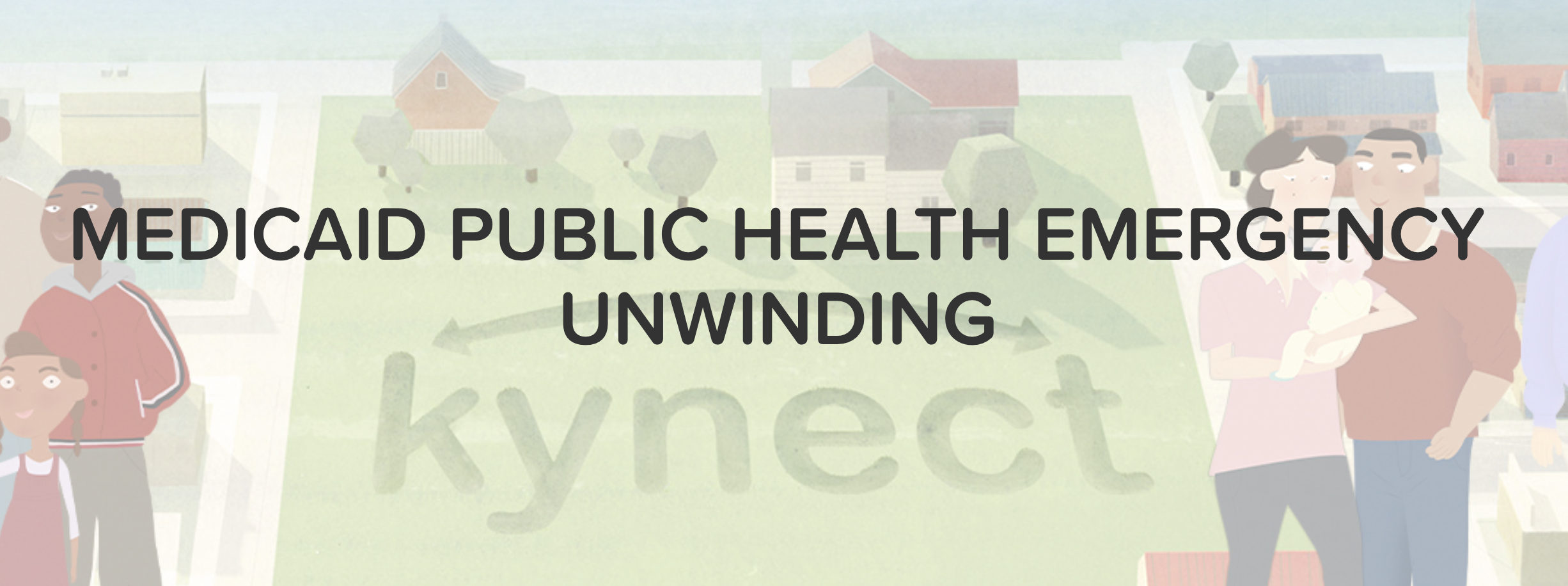The so-called Medicaid Unwinding process is now well underway but questions remain about how each individual state will handle the reprocessing of millions of enrollee datasets. What’s certain is that somewhere between 5 and 15 million people stand to lose their Medicaid coverage in the coming year and continuous enrollment - and the COVID-19 pandemic - comes to a close. Medicaid expansion states will buffer some of the blow to enrollment but non-expansion states will see many former Medicaid patients fall into an intractable “coverage gap” where neither state nor federal provisions apply.
Today, we’ll look at how Indiana, New Jersey, Kentucky, Massachusetts, North Carolina, Louisiana and Virginia will handle this transition and what behavioral healthcare executives can expect to see in the addiction treatment facilities in these states.
Indiana Has a 12 Month Return-to-Normal Medicaid Unwinding Plan
Like many states, Indiana’s Medicaid rooster swelled dramatically during the pandemic. The state’s Medicaid program - which includes Healthy Indiana Plan, Hoosier Healthwise, Hoosier Care Connect as well as traditional Medicaid - ballooned to cover 2.3 million people. That works out to roughly 1 in 3 Hoosiers. Now, with Medicaid unwinding underway and redeterminations currently being made on Medicaid enrollees, the state anticipates shedding between 375,000 and 500,000 memberships within the next 12 months.
New Jersey Will Reprocess 8% of Its Medicaid Enrollees Each Month During the Unwinding
New Jersey is launching a public information campaign to promote knowledge about the unwinding process and encourage enrollees to update their contact information so that redetermination information can reach its proper destination. The state has created a 12-month plan to re-process applications and make new eligibility determinations now that continuous enrollment has ended. Approximately 8% of all enrollees’ memberships will be reprocessed each month beginning in April 2023.
Kentucky Residents Vulnerable to “Coverage Gap” During Medicaid Unwinding
Kentucky maintains a dashboard containing all public health communication around the state’s Medicaid unwinding process. Because Kentucky is not one of the 10 states in the union that has not yet adopted Medicaid expansion, people in Kentucky who lose their Medicaid coverage during the reprocessing period are not vulnerable to falling into the “coverage gap” that exists between state and federal healthcare assistance in non-expansion states.
Massachusetts Added 500,000 New Members During Pandemic, Likely to Shed More During Medicaid Unwinding
Massachusetts Medicaid program, more commonly known as MassHealth, has a reputation for broad coverage and adequate services. This Medicaid expansion state has relatively high income limits and it easily extends its coverage to low income patients. During the pandemic, the number of people covered by Medicaid in Massachusetts rose to 1,779,418. This represented a 32% increase in enrollment since 2010, with over 500,000 new members added during the pandemic’s peak years. Massachusetts will begin its Medicaid unwinding project in April 2023 and plans to wrap the process up within a year.
North Carolina Residents Still Vulnerable to Cover Gap During Medicaid Unwinding
North Carolina has a useful Fact Sheet on Continuous Coverage and Medicaid Unwinding available for download from its official website.
North Carolina has adopted, but not yet implemented, Medicaid expansion. That means that enrollees who lose their coverage as continuous enrollment ends are still vulnerable to the “coverage gap” as the law is currently written, but can expect reprieve from this situation soon.
Louisiana Can’t Reprocess Every Medicaid Eligibility Case All At the Same Time
The state of Louisiana is hosting webinars for enrollees and providers who have questions about how Medicaid Unwinding will affect health coverage in the state. It’s important to note that Louisiana will not be reprocessing all Medicaid patients enrollment information at the same time. The re-determinations will take place over the course of 12 months, with accounts reevaluated continuously throughout that time.
Virginia Medicaid Unwinding Membership Reprocessing Begins Two Months Before Renewal Required
The state of Virginia has published its Medicaid Unwinding plan online. The entire process is slated to take 12 months, with the renewal process beginning two months before memberships expire. In an unusual move, CardinalCare is also hosting “Return to Normal Enrollment Town Halls” to spread awareness and answer public questions about unwinding. Because Virginia is a Medicaid Expansion state, residents who lose their Medicaid coverage should be able to receive government subsidies for marketplace insurance.
Working to Understand Medicaid Unwinding in Your State? Behave Health is Here to Help.
Behave Health is committed to making it easier - and more profitable - to operate evidence-based, results-focused addiction treatment centers.
Get your free trial started today and see why more addiction treatment centers prefer Behave Health.
PS. Just getting started with behavioral health? Need help with certification, too? Behave Health can also help direct you to the right resources for help with Licensing or Accreditation by either The Joint Commission or CARF. Mention to your product specialist that you’re interested in this service after you start your free trial!







